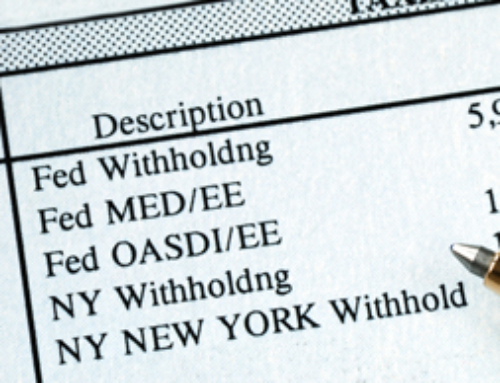Over the last decade, dozens of tax acts have been passed, filled with hundreds of changes to the tax law. But this year alone, there have been nearly a dozen new tax acts.
Ironically, nearly all of the new laws that affect individuals like you and me expire at the end of 2010.
Sure, there are lots of new laws that affect businesses, providing credits, forcing health-care coverage, encouraging new hires, and both improving and confusing small-business bottom lines. But when it comes to working folks—or retired or unemployed folks—there’s not much in the tax law for 2011 that can be outlined. We’re waiting for Congress to act.
Here’s what your tax life will look like if Congress does nothing for 2011:
- The tax rate for next year—for all brackets—will increase. The 10 percent bracket will disappear. Rates will range from 15 percent to 39.6 percent.
- Capital gains rates will go up. The top rate will be 20 percent (from 15 percent in 2010). The 0 percent capital gains rate will disappear. Long-term gains will be taxed at 10 percent for those in the 15 percent tax bracket.
- Dividends will be taxed in full. For the last couple of years, we have enjoyed capital gains rates on our dividends. Now we could end up paying as much as 39.6 percent.
- The child tax credit will be cut in half, to $500 per child. And only the lowest-income families (below $12,550) will receive refundable credits. (A refundable credit is one where you get money back even if you paid in nothing.)
- The marriage penalty will return. The standard deduction for married couples filing jointly will drop from twice the standard deduction for singles to something more like 80 percent of what it used to be.
- There will no longer be a deduction for mortgage insurance premiums.
- Your dependent care credit expense will drop from $3,000 per child (for up to two children) to $2,400 per child.
The outlook seems bleak, doesn’t it? Taxes will go up by between 13 percent and 36 percent, according to one analysis I’ve seen. Ouch!
Never fear. Your legislators will come through for you and find ways to reach some compromises. Expect some tax increases—but households with modest incomes won’t be hit hard.
Now the big question is: what is modest income?
Eva Rosenberg, EA, is the publisher of TaxMama.com®, where your tax questions are answered. She teaches tax professionals how to represent you when you have tax problems. She is the author of several books and e-books, including Small Business Taxes Made Easy. Follow her on Twitter: @TaxMama
Read More:
Are You Optimizing Your Retirement Contributions?
Small-Business Owners: Here Are 9 Ways to Update Your Bookkeeping Skills
Tax Filing Deadline: Last-Minute Tax Mistakes To Avoid
It’s Time to Review Your Payroll Withholding







